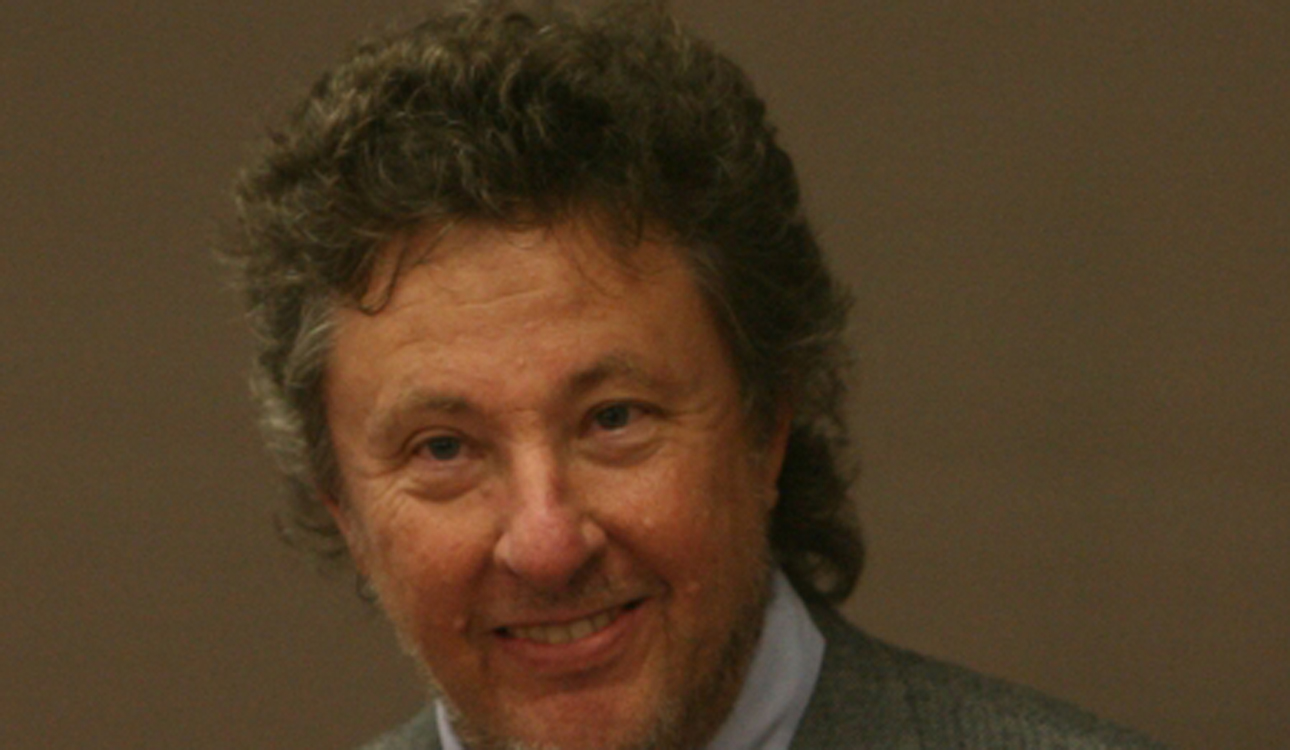
By Daniel C. Houston
Staff Writer
University officials have disputed claims made by Dr. Marc Ellis, professor of Jewish studies, that Baylor canceled an invitation to bring a prominent public intellectual to campus.
Ramona Curtis, director of the Academy for Leader Development and Civic Engagement, confirmed Wednesday that her department has been working since spring to book Princeton professor Dr. Cornel West to speak at Baylor on social justice issues.
The academy is trying to bring West to speak at an event to coincide with Justice Week, a week-long series of events to be put on in spring 2012 by the student organization International Justice Mission.
Justice Week’s primary goal is to bring attention to issues of human trafficking and modern-day slavery, Curtis said. West was targeted as a potential speaker for his wide body of published work on race relations in American society and his tendency to speak out actively on subjects relating to human oppression, Curtis said.
But Baylor’s efforts to bring West to campus hit a snag when the university’s Center for Jewish Studies, of which Ellis has been the director, was no longer able to make good on a commitment it had made to fund a portion of the event cost, Curtis said.
“Marc’s department was going to help sponsor the event,” Curtis said. “But I’m not sure what’s going on in [the Center for] Jewish Studies, so we were no longer able to count on those funds. So we are in the process of looking for other partners.”
Ellis made a statement last week at the American Academy of Religion’s annual meeting, during which he announced Baylor was considering charges against him that could lead to his dismissal from his tenured faculty position.
During his speech, Ellis said Baylor had canceled his classes for the fall semester, and “systematically eroded” his job duties as director of the Center for Jewish Studies, “most recently leading to Baylor’s cancellation of the invitation to Cornel West.”
Curtis, who has been involved in talks about booking West for the speech, said a formal invitation had not been offered to West and no contract was signed because her department is still seeking funding.
The current delay in the process, she said, is a result of the funding from the Center for Jewish Studies falling through.
One of Ellis’s attorneys, David McCall, spoke on behalf of Ellis and said the Jewish studies center still has the funding, and was prevented by the university from transferring it to the Academy for Leader Development and Civic Engagement.
“I believe the comment from Baylor University was there was a lack of funding,” McCall said. “The funding was there with the institute and they were more than willing to transfer the funds so the program could be carried out, and they were stopped from doing that.”
Multiple calls to the Center for Jewish Studies went unreturned.
University spokesperson Lori Fogleman, director of media relations, would not confirm whether Ellis is still the director for the Center of Jewish Studies or whether any of his privileges as director have been removed as a result of the charges brought against him.
“His status with the university is that he is employed by Baylor,” Fogleman said. “Right now we are going through a process and we are committed to protecting the integrity of that process and the confidentiality of that process.”
According to Baylor’s course listings, Ellis is teaching no classes in the fall 2011 or spring 2012 semesters.
Ellis has yet to make public the nature of the charges brought against him, although he has said the charges are for violating university policies that are selectively enforced, leading him to believe the motivation behind them is to silence his voice of Jewish dissent to the state of Israel, among other positions.
The university has denied the charges have anything to do with restricting Ellis’ academic freedom, as the faculty dismissal policy does not include holding particular academic opinions as grounds for dismissing a tenured faculty member.
Ellis and his attorneys have until Dec. 8 to respond to the charges, Fogleman said.






